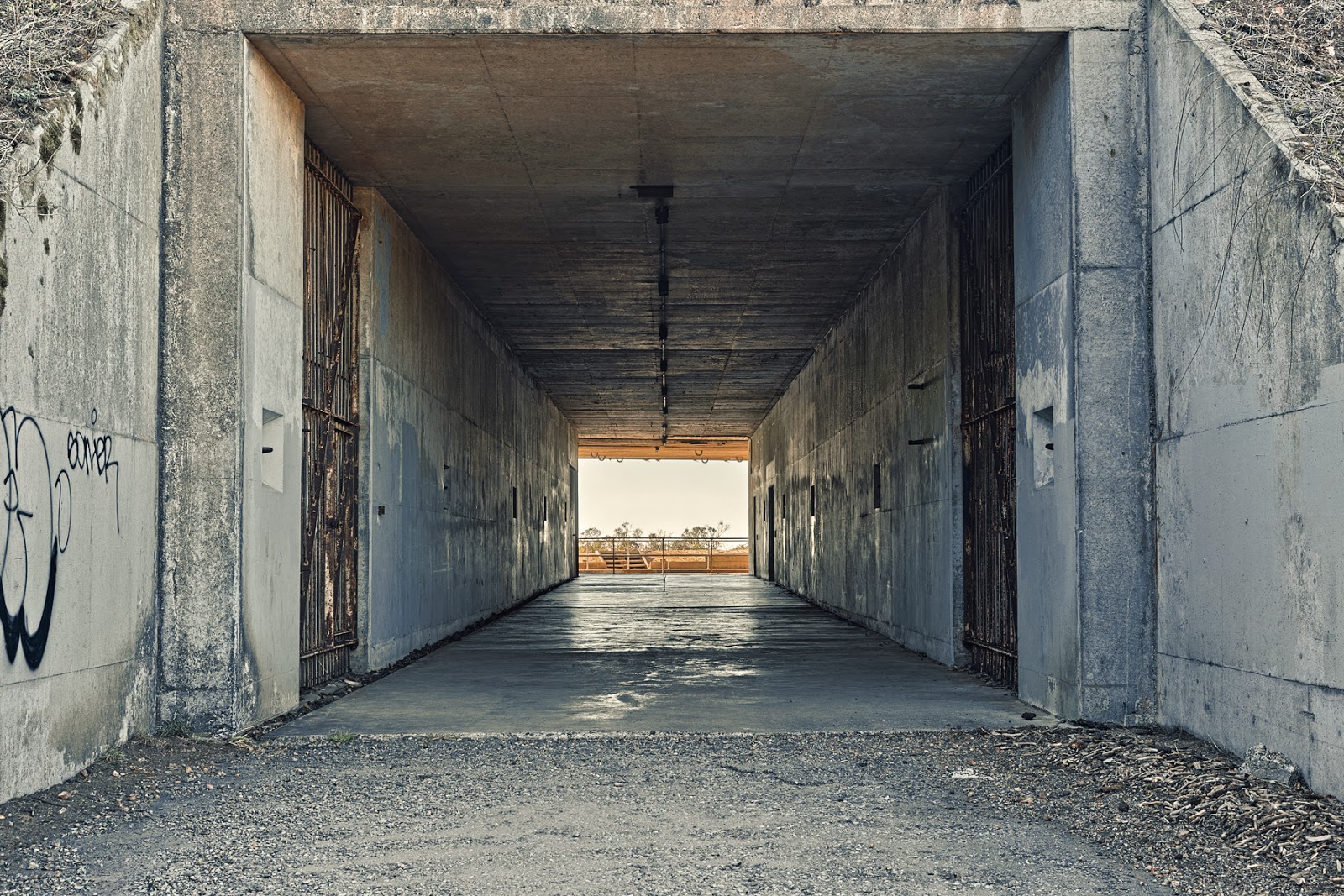Lately, I've seen a number of articles comparing the minuscule size of our little planet to
that of the sun, then expanding to our galaxy, and finally to that of the
observable universe. It’s a breathtaking and impressive comparison. An
illustration is below:
Usually this
presentation ends with a clever truism, like, “You are not as significant as
you think.” The point of the illustration is to give us perspective and humble
us to our place in the universe. However, although I'm all for dispelling arrogant notions, this type of reasoning is somewhat flawed and arrogant in itself. Why?
Because it assumes the size of something determines its significance or value.
But is that really true? Compare the size of a giant boulder to that of a tiny seven karat diamond. Which will fetch a higher value? Or should we say that a 7-foot tall NBA-player is more valuable than a human infant because he’s just waaaaaay bigger? We know this isn't true, and yet logic sometimes goes out the window when we're presented with grand themes based on a false premise.
Because it assumes the size of something determines its significance or value.
But is that really true? Compare the size of a giant boulder to that of a tiny seven karat diamond. Which will fetch a higher value? Or should we say that a 7-foot tall NBA-player is more valuable than a human infant because he’s just waaaaaay bigger? We know this isn't true, and yet logic sometimes goes out the window when we're presented with grand themes based on a false premise.
So what
determines something’s value, if not its size?
If we all gave this a little thought, we might agree that what determines a thing’s significance is not its size, but its rarity or uniqueness.
Now it would be arrogant of me to claim that we are alone in the universe (something I couldn't possibly know), but we do know that our planet is extremely rare among all of those other floating rocks in our galaxy neighborhood, which is kind of huge. Our little blue marble contains not only the minerals and climate to support life, it actually contains life. That, we also know, is extremely rare. In fact, it may be utterly unique.
Imagine now that there are at least 100 billion planets in the Milky Way, and yet only .000000001% of them contain even the remote possibility of life, let alone intelligent life forms, then I’d say we have reason to celebrate our rarity. Human beings are valuable, despite the enormity and vastness of the universe. Actually, we are significant because of the grand scale of the universe. We’re like a diamond sitting inside a one thousand acre compost heap. Small, yet nevertheless significant.
This is a photograph of the Martian landscape. If you're anything like me, looking at an image like this might give you goosebumps and make you all giddy with excitement. And yet, consider that there isn't a single insect crawling or flying around on this landscape. Not even an ant or a mosquito. No life at all. Just rock and ash and nothingness. And so it is with our other floating neighbors and, for all we know, it could be true of the entire universe. Just rocks and dust of varying degrees and properties.
I know it’s not popular to say this in a culture which values cynicism above all else, but the truth is that you actually do matter. A lot. Each person you meet has value because they are rare in the universe. If you are still persuaded that your fellow human beings don’t matter much, then consider this:
Imagine that you alone are given the ability to live forever. For this point on, you are immortal. No one else exists (no gods, no people) in the entire cosmos, except for you. Forever. What would it feel like to witness the most majestic vistas and experience endless wonders – and yet not be able to share a single one of them with another person. Ever. For all of eternity. Just you. Nobody else. A billion years from now... still just you.
I know it’s not popular to say this in a culture which values cynicism above all else, but the truth is that you actually do matter. A lot. Each person you meet has value because they are rare in the universe. If you are still persuaded that your fellow human beings don’t matter much, then consider this:
Imagine that you alone are given the ability to live forever. For this point on, you are immortal. No one else exists (no gods, no people) in the entire cosmos, except for you. Forever. What would it feel like to witness the most majestic vistas and experience endless wonders – and yet not be able to share a single one of them with another person. Ever. For all of eternity. Just you. Nobody else. A billion years from now... still just you.
Does this
sound more like heaven or hell?
Cynicism is a virus, and it kills from the inside out. While pretending to dress in humility, it is cloaked in arrogance. It is irrational and prays on the unthinking. Do not let this virus infect you.
People
matter. You matter.









